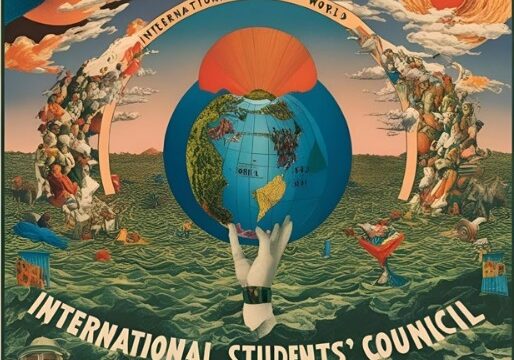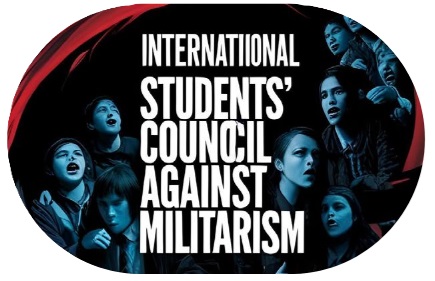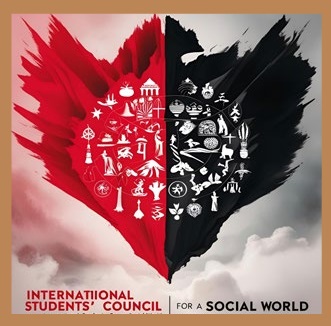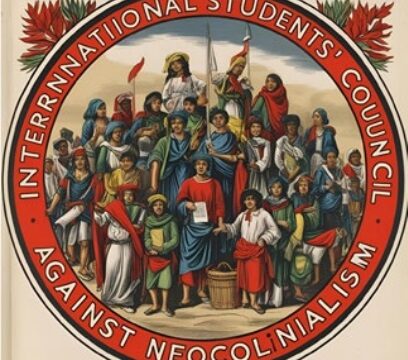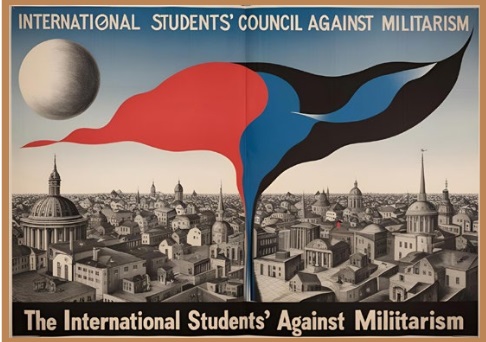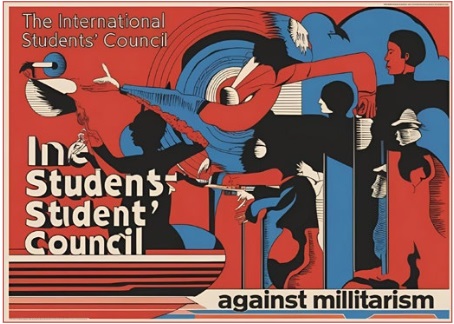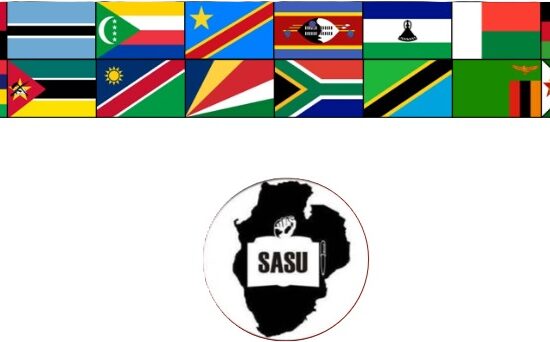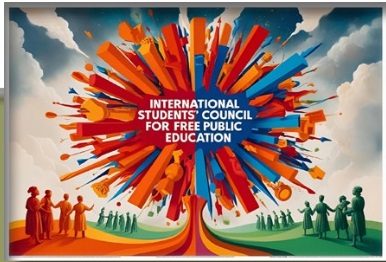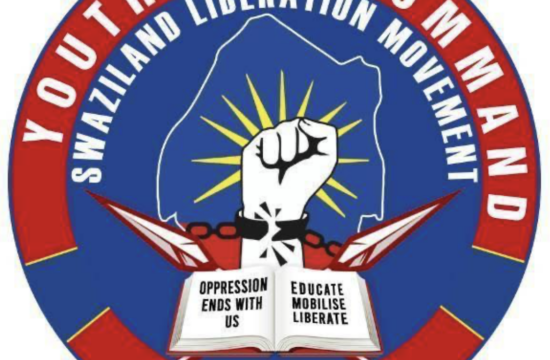Sègla Noël Espérant SINTONDJI
Bureau Directeur du Comité des Résidents (BD-CR) | BENIN
picture Source: Created with AI
Hello dear members of the International Student Council. I would like to start by thanking all the participants in this meeting, who are sparing no effort so that we can come together in a Council of a global or even universal nature. Without further ado, I would like to make some proposal saimed at spreading and expanding this Council through the creation of subcouncils in our universities and university centres, in order to give this council influence and vitality. And thesesub-councils will remain as fundamental and solid bases of the International Student Council in these universities and university centres.Their permanence and active functioning in the universities will give the Council a physical existence and will materialise the efforts that we are making today and that will be made tomorrow by the Council. In addition to this, if on each continent, we can have regional or even global meetings between the members of the Council to share experiences and knowledge, that would be very good. This will give even more visibility and hegemony to the Council, which could later become the world’s largest student federation. Students around the world need such a network to be connected to each other, in order to better understand the irregularities or advances that each university experiences in various fields. In this way, students can learn from each other’s progress and advances or make suggestions to help those who may be in difficulty. This interuniversity connection also has other advantages in terms of interculturality and scientific research in many fields. In addition, the said Council may also create sub-forums by research fields to truly realise effective and efficient scientific exchanges between students, in order to begin by evaluating and preparing to face the great scientific challenges that humanity faces today and for which preparing, preparing or preventing it has faced in the near or distant future. Globalisation requires us to work together, as we have just seen with COVID-19. It is not just the third world that can be confronted with an epidemic. It is the whole of humanity and the whole world has noticed that the populations of the third world were not the most devastated by this pandemic. On the contrary, they were the least devastated, so it is time for the industrialised world to ask questions and also learn from others how to control such situations or similar unforeseen events. Hence the importance of our academic and scientific collaborations.
Trade union collaboration must focus on the defence of human and fundamental rights. In other words, we must be able to join forces at the institutional level to ensure that these rights are respected, whatever the political constraints we face. Together we are strong, as they say!


